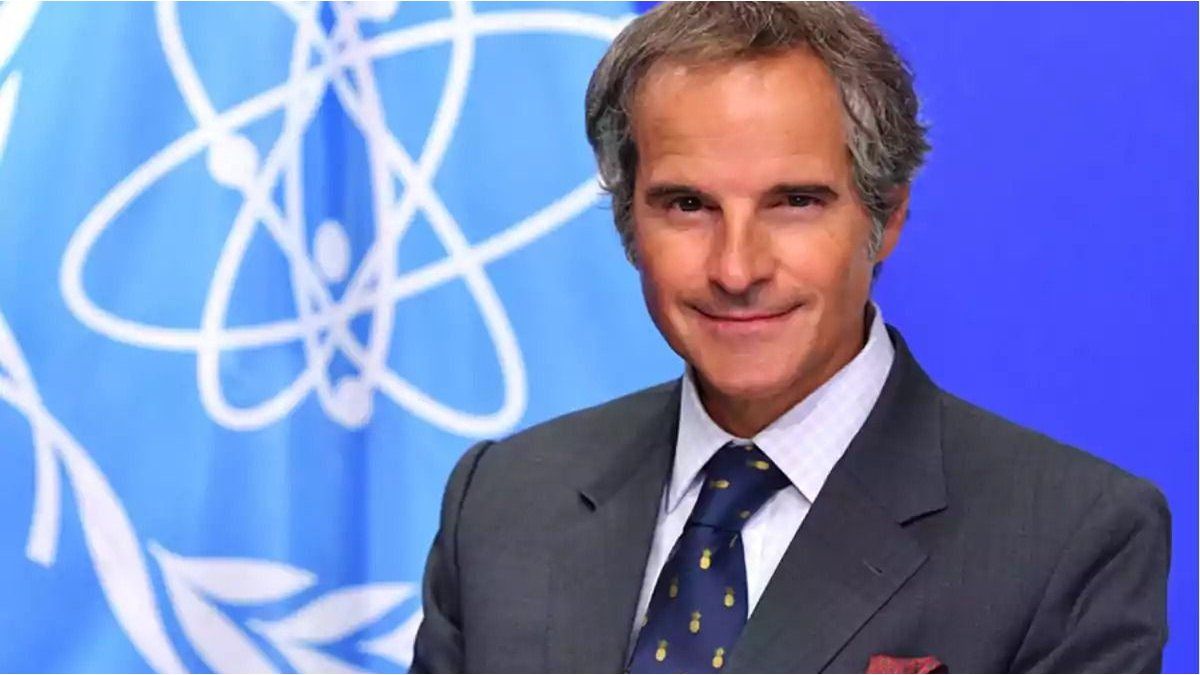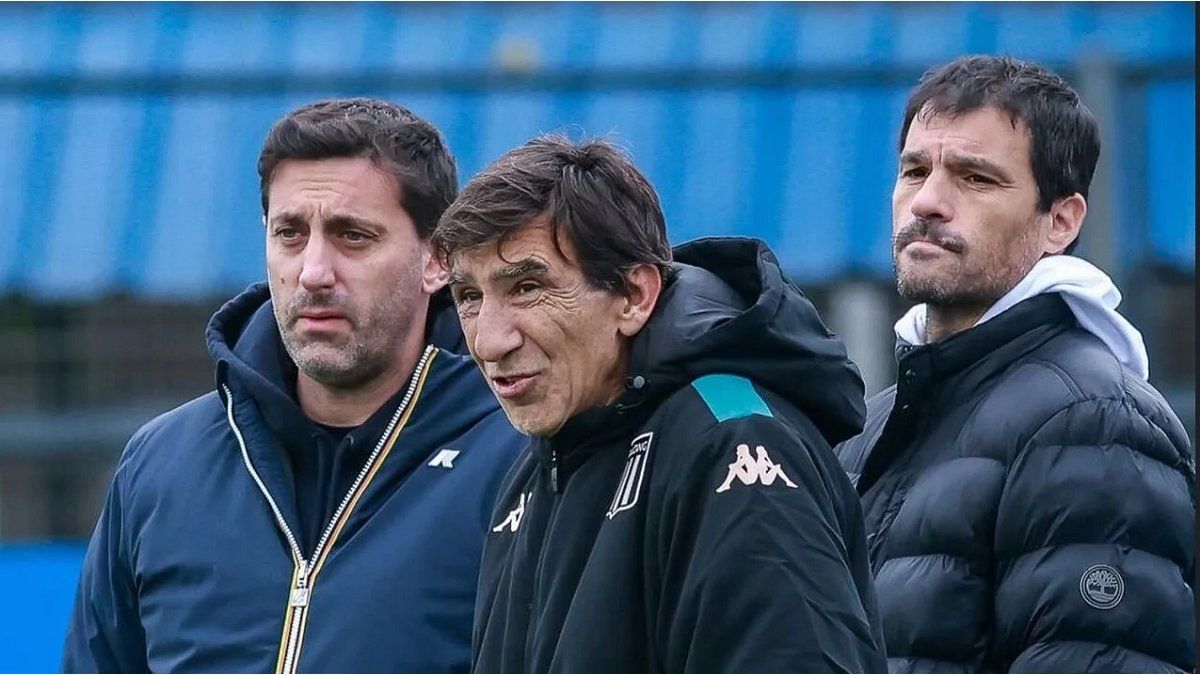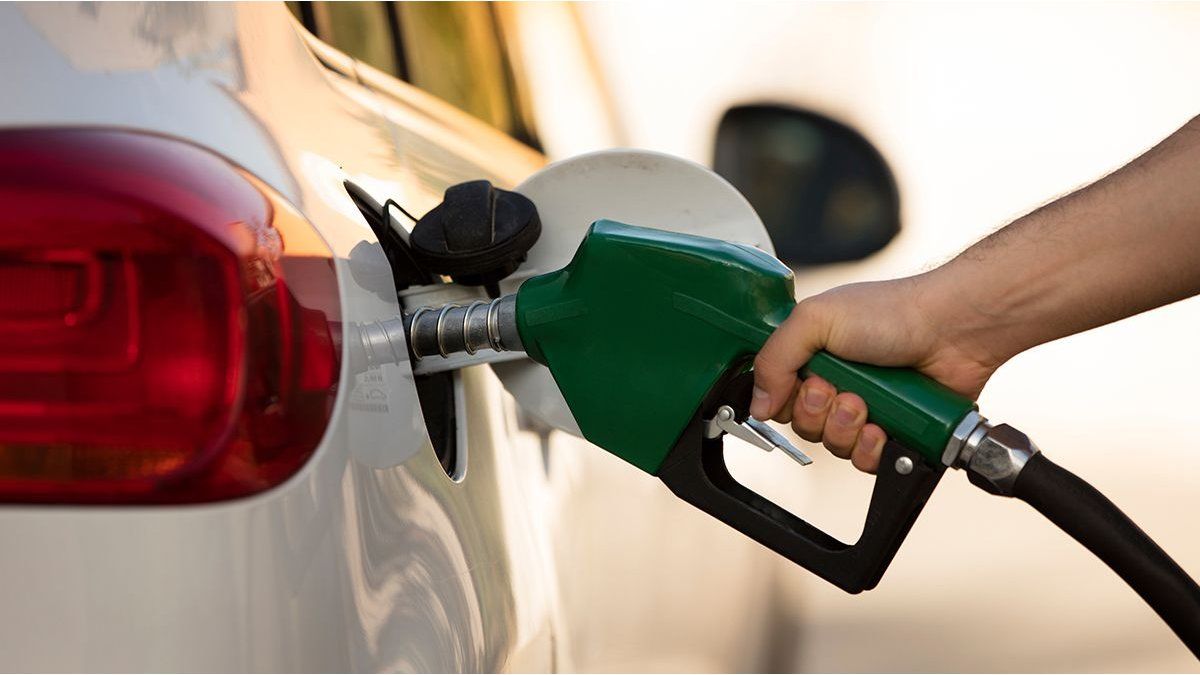Rafael Mariano Grossi, director of the agency, explained that he must allow inspections because he is still a signatory of the non -proliferation treaty.
After the decision of the Parliament Iranian of suspending collaboration with the International Atomic Energy Agency (OIEA)the agency director, Rafael Mariano Grossi, said Iran has a legal obligation of cooperation, within the framework of the regional conflict and the increase in tensions.
The content you want to access is exclusive to subscribers.
“Iran’s cooperation with us is not a favor, it is a legal obligation, while Iran are still a signatory of the Non -Proliferation Treaty (TNP),” Grossi told the France 2 chain.


The Argentine director spoke in a context of uncertainty about the fate of about 400 kilograms of 60%enriched uranium. “The OIEA lost visibility about these materials since hostilities began “Grossi explained, although he stressed that It should not be assumed that they are “lost or hidden.”
After meeting with Macron in Paris, the Argentine reiterated that Iran is obliged to allow the IEA inspections even if it is in conflict.
“It must be said that, even if there has been this period of war or hostilities, Iran always has the obligation to show the inspectors where the materials are,” he emphasized.
The OIEA warned by the state of Iran’s nuclear power plants
Hours before, Grossi had assured that the “main priority” is that its inspectors return to Iran’s nuclear facilities to evaluate the impact of US and Israeli military attacks.
The objective is that UN inspectors return to Iranian nuclear centers, including the three plants where Uranium was enriching until Israel launched the attacks of June 13.
Grossi mentioned a letter he received from Iran on June 13, saying that It would take “special measures” to protect your nuclear materials and equipment.
“They did not come into details about what that meant (…). We can imagine that this material is there,” said Grossi, suggesting that much of that material had survived the attacks.
Source: Ambito




